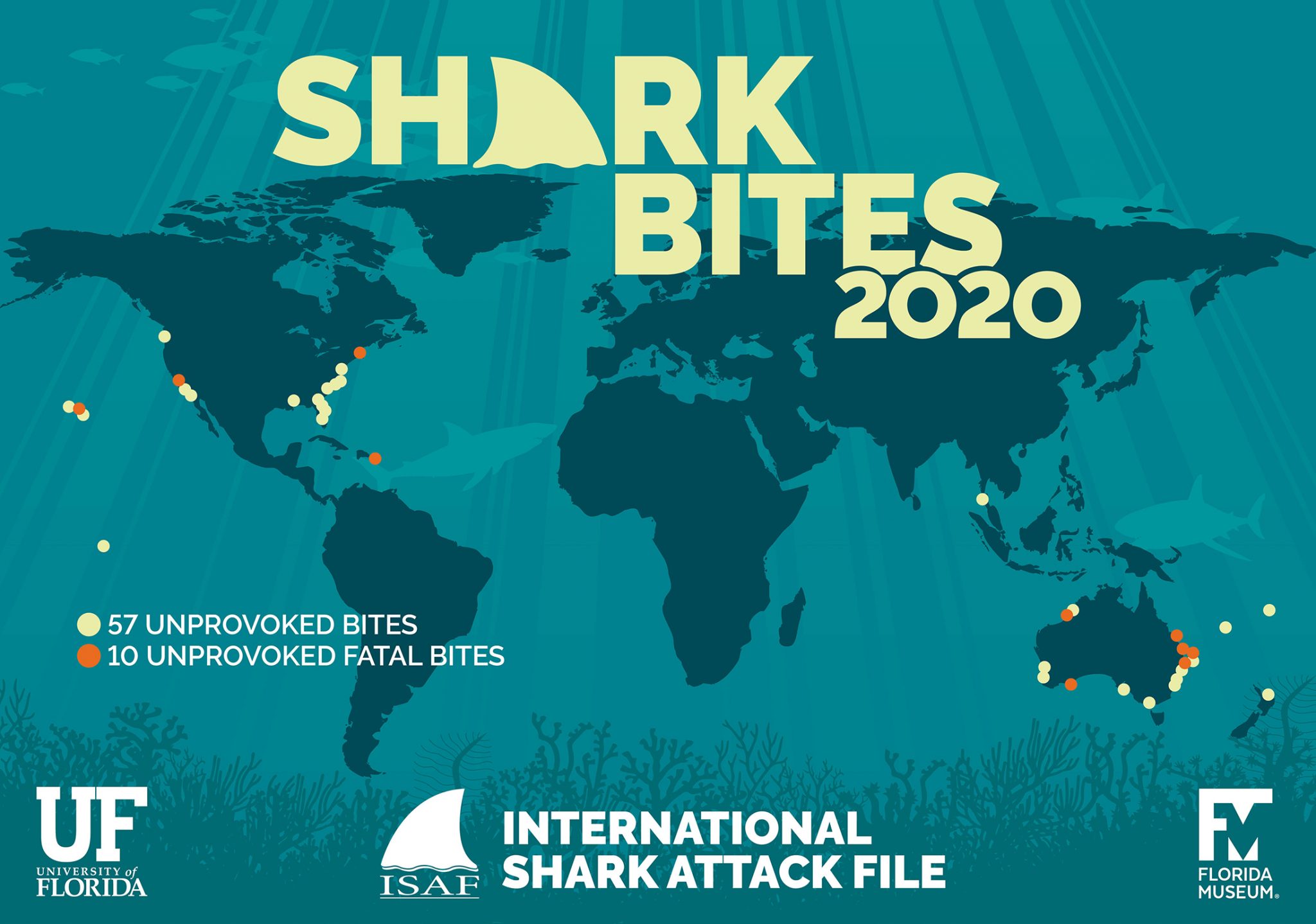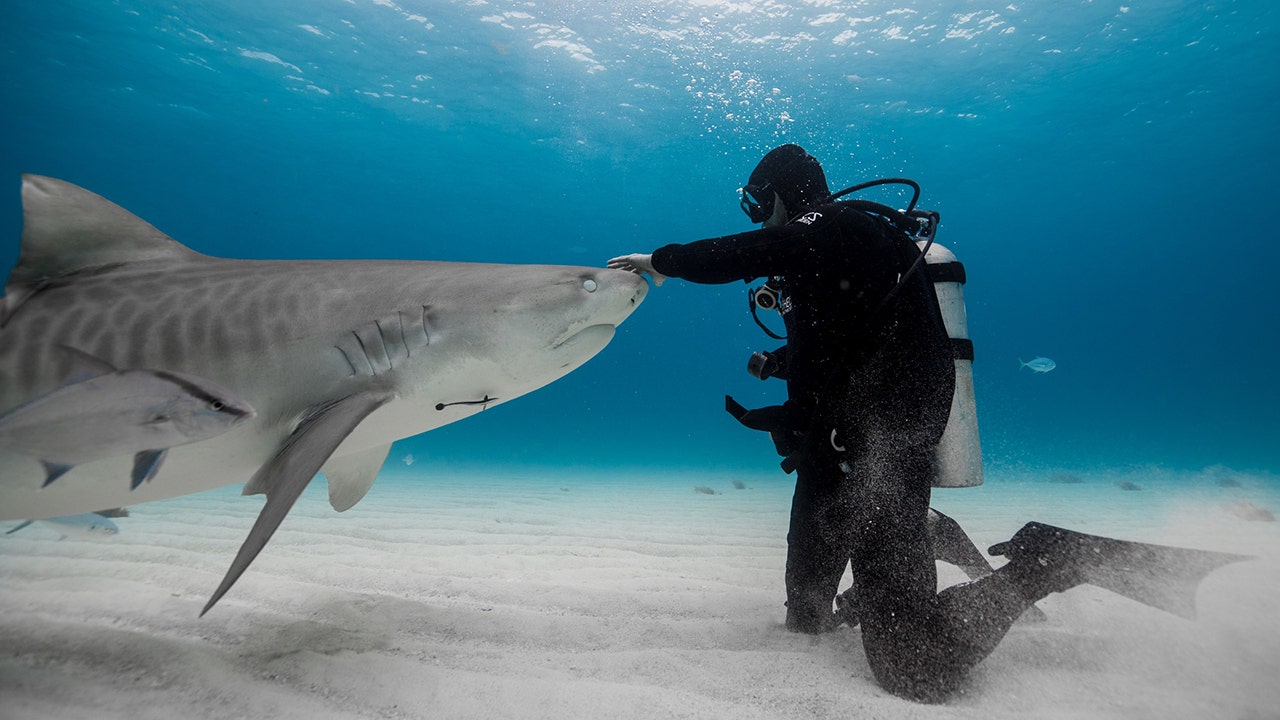Are the idyllic waters of the Caribbean, often synonymous with turquoise hues and tranquil escapes, truly as safe as they appear? The recent surge in shark attacks across the region, while still statistically rare, demands a closer look, forcing us to confront the potential for danger lurking beneath the surface of paradise.
The serene image of the Caribbean, a tapestry woven with sun-drenched beaches and coral reefs teeming with life, is increasingly punctuated by the stark reality of shark encounters. Recent incidents, including a fatal attack on a French woman off the coast of St. Martin, have sent ripples of concern throughout the eastern Caribbean and beyond. These events, though relatively infrequent, are raising pertinent questions about the safety of these waters and prompting a re-evaluation of risk perceptions for both locals and tourists alike. The incident on St. Martin, occurring on Thursday, December 10th, marked a grim milestone the first such fatality in over a decade, according to officials. The attack, which took place at Orient Bay, a popular beach, underscores the vulnerability even in well-frequented locations.
| Victim's Name | Age | Nationality | Location of Attack | Date of Attack | Fatal |
|---|---|---|---|---|---|
| French Woman (Name not released) | Unknown | French | Orient Bay, St. Martin | Thursday, December 10th | Yes |
| Markus Groh | Unknown | Austrian | Off the coast of Aruba | February 2008 | Yes |
The attack on the French woman, approximately 150 meters from the shore, highlights the unpredictability of such encounters. Onlookers reported two other women were present at the time of the attack. These events, particularly the fatalities, inevitably draw comparisons and trigger discussions about the changing dynamics of shark behavior and the potential factors contributing to these incidents. While the incident at Orient Bay serves as a recent and tragic reminder, other events, though less frequent, paint a broader picture of a region grappling with the realities of shark presence. This includes a similar event that was covered in the media, where the circumstances are still being investigated, and there could be a potential crocodile involved.
Another incident involved seven Venezuelan men aboard a vessel en route from Bonaire to Aruba, a route common in the region. In a separate, yet related, incident that underscores the broader dangers of the sea, a boat carrying a load of whiskey from Bonaire to Aruba ran into trouble. These two islands, situated off the coast of Venezuela, share a geographical context that is relevant to the broader discussion. The geographical proximity of Bonaire and Aruba to each other, and their position off the Venezuelan coast, provides a crucial context for understanding the regional dynamics. The fact that the boat had left the nearby island of Bonaire with a load of whiskey to sell in Aruba when it ran into trouble emphasizes the interconnectedness of these islands. Bonaire, also known as the Caribbean Netherlands, is considered quite safe at night, however, the waters surrounding the island tell a different tale.
Furthermore, shark-related incidents extend beyond these specific attacks. The detection of a man's cancer after a shark attack, as reported by various sources, underscores the ripple effects that such events can have, extending beyond the immediate physical trauma to encompass broader health concerns. While this may not be directly related to a specific type of attack, it points towards the far-reaching consequences that can arise from these encounters.
The waters surrounding Aruba are home to a diverse array of shark species, including the Caribbean reef shark, nurse shark, tiger shark, blacktip reef shark, hammerhead sharks, and whale shark, among others. Shark encounters in Aruba are generally rare, with the majority of shark species preferring the deeper ocean waters. This makes swimming and snorkeling relatively safe. The last confirmed incident in Aruba occurred in February 2008, when Austrian diver Markus Groh tragically lost his life a day after being bitten by a bull shark during an organized shark dive. This incident stands as a reminder of the inherent risks associated with the ocean environment.
In the broader context, the increasing frequency of shark attacks over the last five years is a cause for concern. Researchers have stated that 34 unprovoked bites have been recorded in the Caribbean since 2000, with four of them being fatal. The West End of Grand Bahama is also another location with high shark presence. Florida tops the rankings for the highest rate of shark attacks globally, with areas like New Smyrna Beach specifically experiencing a high number of encounters. Other locations known for shark attacks include Hawaii, Plettenberg Bay in South Africa, Runion, and various spots in the Caribbean Sea.
Adding to the complexity of this issue is the reported functional extinction of sharks in approximately 20% of global regions studied. This is based on new reports, raising questions about the population dynamics of these creatures and the long-term impacts of human activity. Furthermore, a video, inadvertently capturing a deadly "shark attack" in Mexico, could shed light on whether a crocodile was actually to blame, adding another layer of complexity to understanding the incidents. The video highlighted that the marine life in the region may be affected by other dangerous marine life, like crocodiles.
There are sharks in Bonaire waters. The most common sharks found around the island are nurse and Caribbean reef sharks, but there have also been reported sightings of whale, hammerhead, and tiger sharks. The presence of these shark species in Bonaire's waters, alongside those in Aruba, underscores the ecological complexity of the region. This is relevant as it prompts a deeper examination of the species that populate these waters and their interactions with the environment.
The recent events, coupled with broader trends, demand a comprehensive understanding of shark behavior, habitat, and the factors that may contribute to attacks. The situation also demands vigilance and a commitment to safety measures, including responsible tourism practices and improved public awareness. The tragic incident on St. Martin serves as a stark reminder that even the most idyllic locations can harbor hidden dangers. As the Caribbean continues to attract tourists from around the world, it is crucial to balance the promotion of the region's natural beauty with the promotion of public safety.
The need for ongoing research, data collection, and international collaboration is clear. The recent incidents must be studied, and the insights gained should be used to improve public safety measures, and to enhance marine conservation efforts. This includes assessing the potential impact of climate change, overfishing, and habitat destruction on shark populations and their behavior. Moreover, the need for transparent and accurate communication with the public, along with a strong emphasis on education and responsible practices, is paramount. The future of tourism and the preservation of these delicate marine ecosystems rely on the ability to protect the well-being of both people and the environment.
The ocean, a realm of both beauty and danger, continues to challenge our understanding. In the Caribbean, the recent rise in shark encounters highlights the delicate balance between human activity and the natural world. As the region moves forward, it is essential that it remains vigilant, committed to safety, and dedicated to the preservation of the marine ecosystems that make this part of the world so unique. The waters of the Caribbean, while offering unparalleled beauty and adventure, command respect and an unwavering commitment to understanding the forces that shape this delicate environment.


